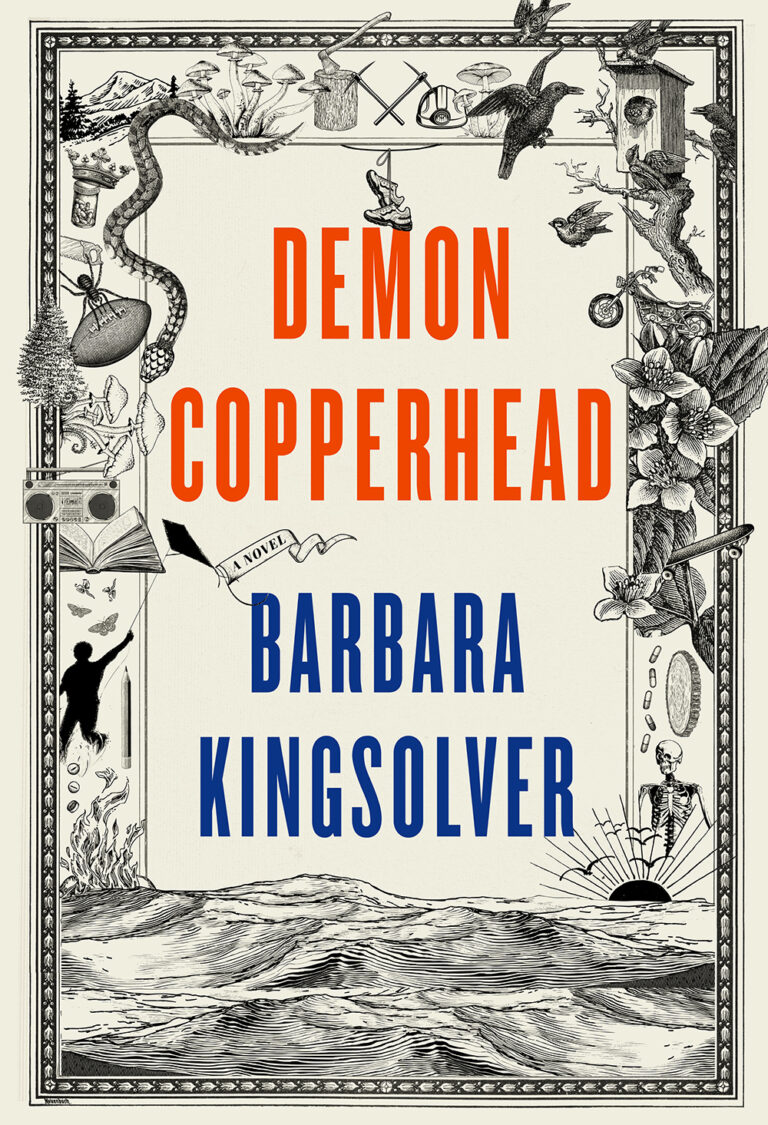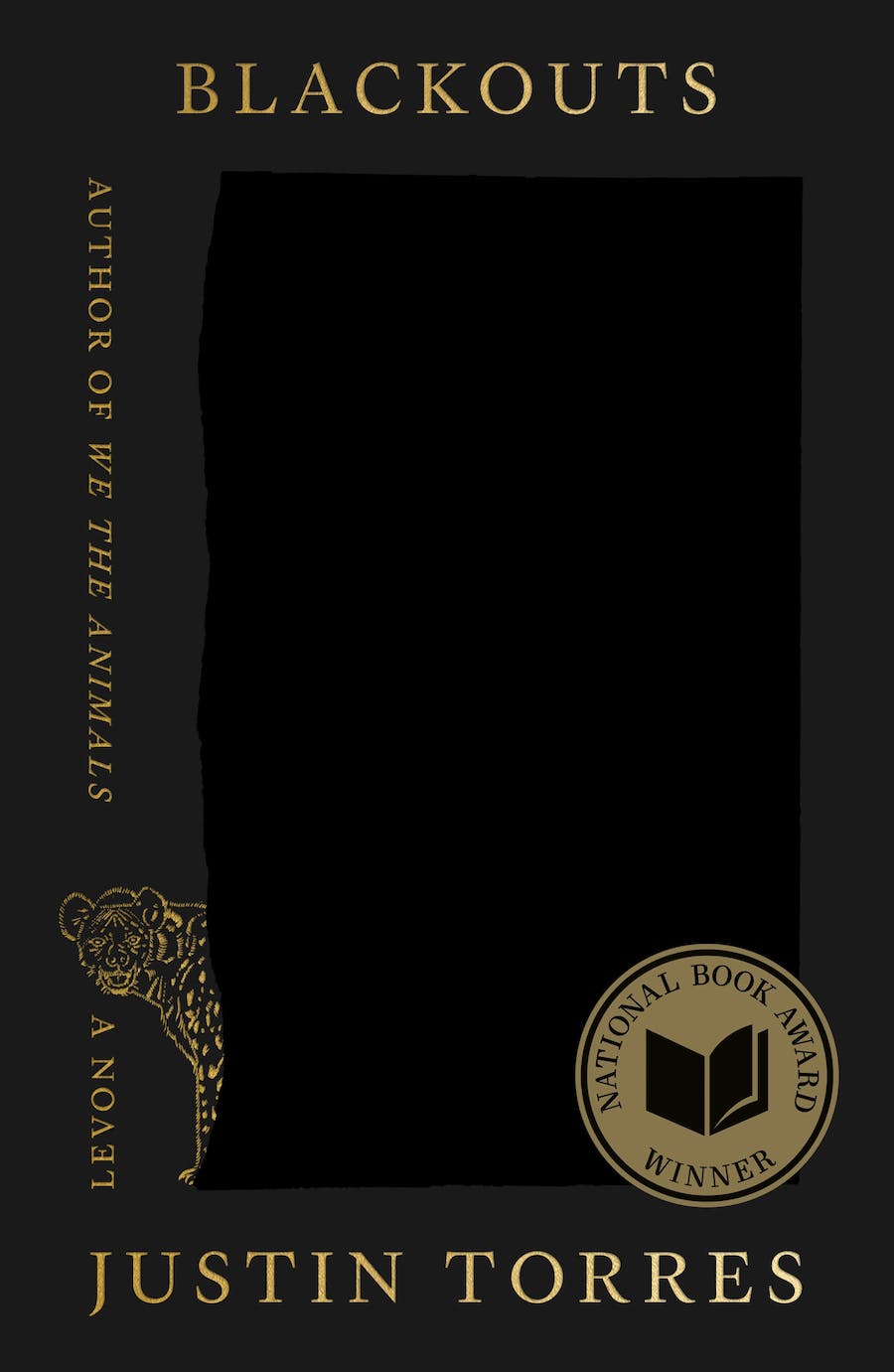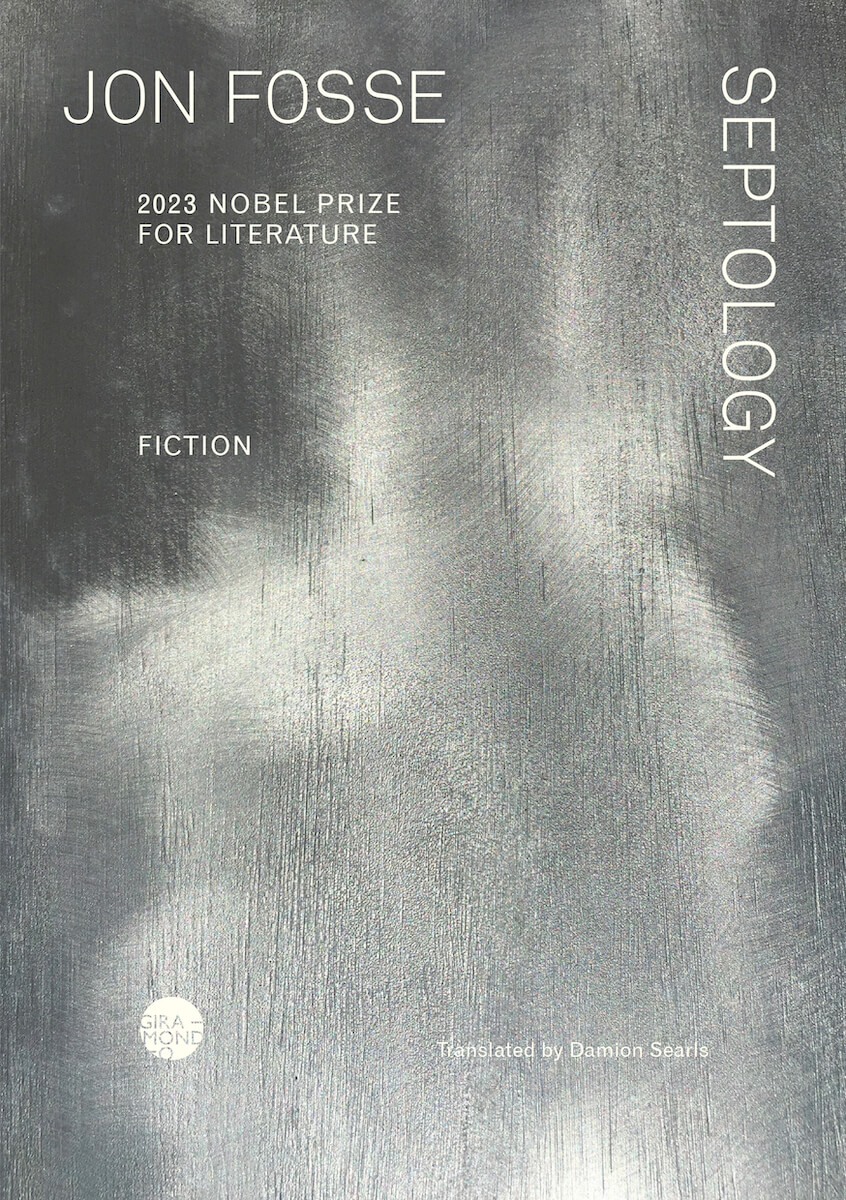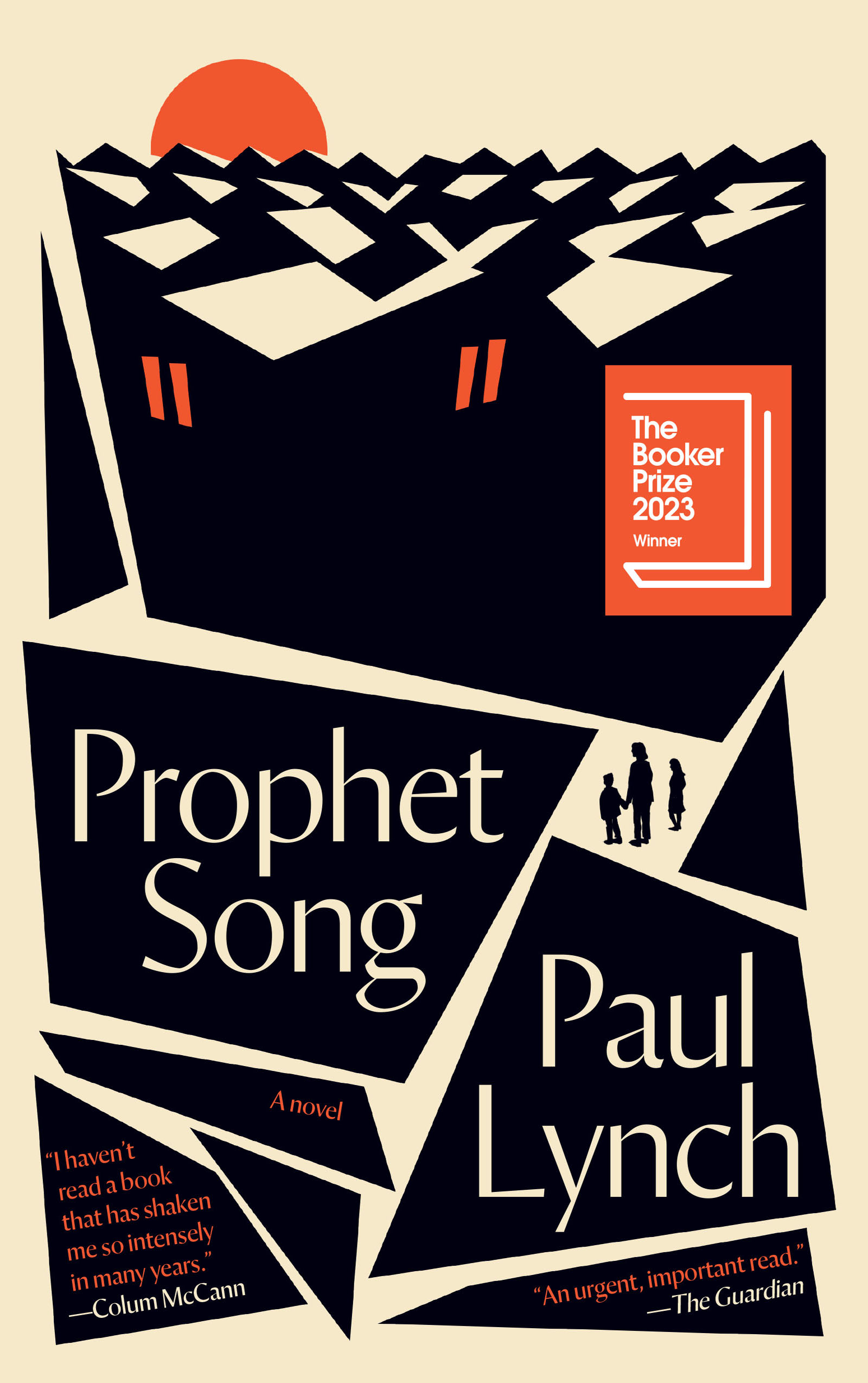Get comfortable and immerse yourself in captivating stories during the holiday break with this year’s award-winning books.
With the holiday break in full swing, many readers are likely looking forward to getting cozy with a good book. Whether you’re vacationing with family or simply snuggled at home for the holidays, reading a great literature is a wonderful way to unwind and activate the imagination. On that note, with the year coming to an end, it’s a fitting time to catch up on fantastic stories from 2023’s award-winning books.
READ ALSO: Literary Accents: 5 Coffee Table Books That Will Make A Statement In Any Space
Below is a selection of riveting fiction that won the year’s prestigious literary awards, namely the Pulitzer Prize, Booker Prize, Nobel Prize for Literature, and National Book Awards:
Demon Copperhead by Barbara Kingsolver
Barbara Kingsolver’s Demon Copperhead emerges as one of two winners for fiction in this year’s Pulitzer Prize. A retelling of Charles Dickens classic David Copperfield, the book centers on a young Appalachian boy, Damon Fields. Damon is born into a life of poverty with a single mother, as Kingsolver transposes Dickens’ story of survival to the American South.

It’s a fresh spin on the tale, yet its themes and central conflicts remain. Like David Copperfield, Damon grapples with a plethora of socioeconomic and personal issues . These include the “modern perils of foster care, child labor, derelict schools, athletic success, addiction, disastrous loves, and crushing losses,” as per the book’s official synopsis.
“Equal parts hilarious and heartbreaking, this is the story of an irrepressible boy nobody wants, but readers will love,” writes Ron Charles of the Washington Post in a blurb of the book.
Trust by Hernan Diaz
Joining Kingsolver’s Demon Copperhead in this year’s Pulitzer Prize winners for fiction is Hernan Diaz’s Trust. The book is a historical family saga set in the roaring 20s. Here, Diaz weaves multiple narratives in a variety of genre-bending forms.

In the book lies the tale of an affluent family that has risen to the top of New York society. Yet as the story unravels, characters reveal more complex sides to the story with unreliable narratives. Diaz’s work paints a larger picture of privilege and deceit, where fact and fiction merge before being untangled.
A blurb from Oprah Daily has this to say about the Pulitzer Prize winner: “Buzzy and enthralling […] A glorious novel about empires and erasures, husbands and wives, staggering fortunes and unspeakable misery […] Fun as hell to read.”
Blackouts by Justin Torres
Justin Torres’ Blackouts is the winner for fiction in this year’s National Book Award. The book details historical and personal narratives in a fresh, almost experimental way. At the core of the story is a dying queer man by the name of Juan Gay. While in a mental institution, he meets the story’s narrator, a man that he refers to simply as “Nene.”

The plot isn’t linear, but rather, a series of fragmented conversations paired with documentation, photos, and other pieces of media. Together, they work to explore themes of race, gender, class, politics, and history, among others. These elements coalesce to create “a novel of aesthetic complexity, multiplicity, and beauty,” according to the National Book Awards’ panel of judges.
“Blackouts revels in the grotesque, impossible beauty of human rot. It is a novel of mercies and indignities; bruises and bones; the ever-tangled eroticism of life and death,” writes Beejay Silcox for The Guardian.
Septology by Jon Fosse
This year’s Nobel Prize for Literature went to Norwegian writer Jon Fosse. This has spurred many avid readers to start exploring the author’s body of works, composed of nonfiction, plays, and fiction. Anders Olsson—the Chairman of the The Nobel Committee for Literature—highly recommends the writer’s magnum opus, Septology.

The novel is composed of a collection of three books: The Other Name, I is Another, and A New Name. Fosse wrote the entire work in the form of a monologue from Asle, an aging painter and widower who grapples with existential questions about faith, life, death, and love.
“A major work of Scandinavian fiction […] Fosse has written a strange mystical moebius strip of a novel, in which an artist struggles with faith and loneliness, and watches himself, or versions of himself, fall away into the lower depths,” writes British novelist Hari Kunzru in a blurb for the book.
Prophet Song by Paul Lynch
Finally, there’s Paul Lynch’s emotionally-charged Prophet Song, which won this year’s Booker Prize. Set in Dublin, Ireland, the book centers on a woman named Eilish Stack. Eilish is a scientist trying to keep her family safe in a political regime that’s becoming increasingly totalitarian. However, her world turns upside down when the GNSB, Ireland’s newly-formed secret police force, comes knocking on her door, wanting to speak with her husband, as per the Booker Prize.

In an interview for the award, Lynch describes his book as “an attempt in radical empathy.” He elaborates: “‘I was trying to see into the modern chaos. The unrest in Western democracies. The problem of Syria – the implosion of an entire nation, the scale of its refugee crisis and the West’s indifference. […] To understand better, we must first experience the problem for ourselves. So I sought to deepen the dystopian by bringing to it a high degree of realism.”
Esi Edugyan, the chair of the Booker Prize’s panel of judges, writes: “We felt unsettled from the start, submerged in— and haunted by— the sustained claustrophobia of Lynch’s powerfully constructed world. He flinches from nothing, depicting the reality of state violence and displacement and offering no easy consolations. Here the sentence is stretched to its limit — Lynch pulls off feats of language that are stunning to witness.”
Banner photo by Nong via Unsplash.





